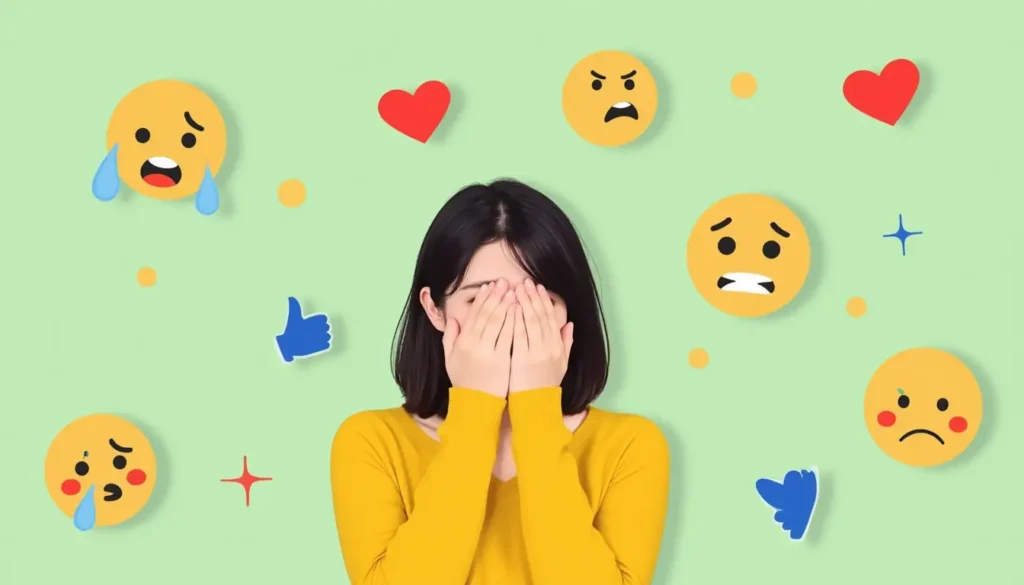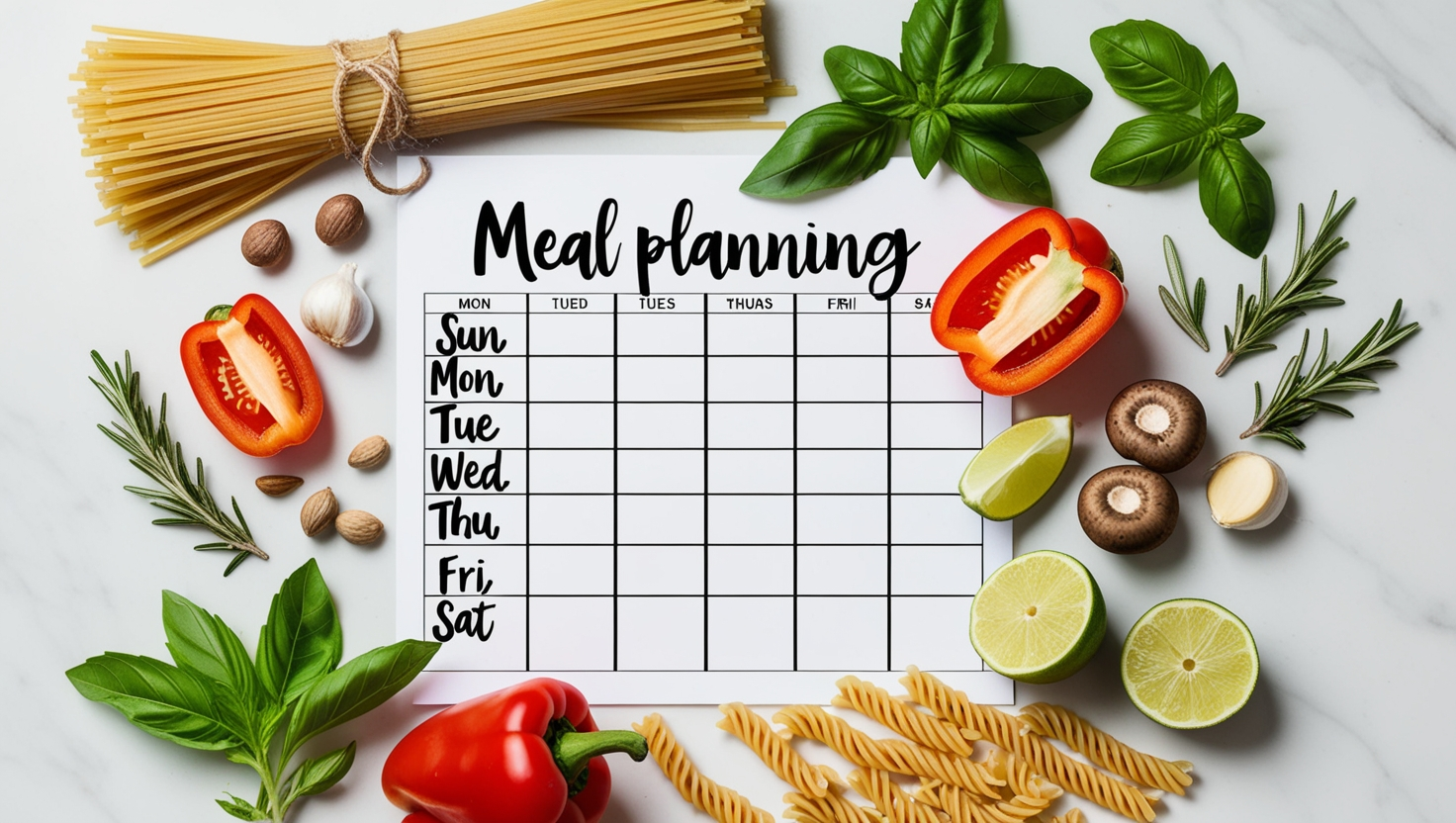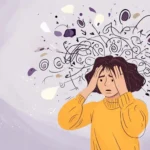
Introduction
In an age where social media dominates our daily routines, its profound impact on mental health has become a hot topic of discussion. Platforms like Instagram, TikTok, and Facebook connect billions of people worldwide, offering spaces for creativity, community, and awareness. However, they also present challenges, including anxiety, FOMO (fear of missing out), and cyberbullying. Striking a balance between the pros and cons of social media is essential to protect our mental well-being while leveraging its advantages.
The Good: Social Media’s Positive Impact on Mental Health
Building Connections
Social media has revolutionized communication, making it easier than ever to stay connected regardless of geographical barriers. For those feeling isolated, it provides a sense of belonging and community. Whether it’s reconnecting with old friends or engaging in real-time discussions with loved ones, these platforms serve as digital lifelines. According to research by the Pew Research Center, individuals often feel more connected to friends and family through social media, even when miles apart.
Access to Support Networks
For individuals facing mental health challenges, online communities are a lifeline. Facebook groups, Reddit forums, and Twitter threads offer spaces where people can share their stories, seek advice, and feel less alone. Such platforms foster conversations about anxiety, depression, and chronic illnesses, creating safe spaces for support and understanding. These support networks can also connect users with resources like virtual therapy, mindfulness apps, and helplines. Explore books on mental health support here.
A Platform for Self-Expression
From sharing personal stories to showcasing art and music, social media provides avenues for self-expression. This creative outlet not only helps individuals process emotions but also inspires others. Personal blogs, Instagram reels, and TikTok videos create ripple effects of positivity and relatability. Platforms like Pinterest or YouTube also allow creators to share step-by-step tutorials, offering encouragement and community for shared hobbies.
Spreading Mental Health Awareness
Social media campaigns like #MentalHealthAwareness and #EndTheStigma have broken down barriers surrounding mental health discussions. Influencers and advocates utilize these platforms to make conversations about mental health more mainstream. Resources, hotlines, and therapy options are now accessible with just a few clicks, enabling users to take proactive steps toward self-care and awareness. Educational videos, inspirational posts, and shared experiences help normalize seeking help. Discover self-help books and resources on Amazon.
The Bad: Social Media’s Negative Effects on Mental Health
Fear of Missing Out (FOMO)
Scrolling through curated feeds of others’ lives can create a distorted sense of reality. Studies suggest that FOMO contributes to loneliness, jealousy, and low self-esteem. The “highlight reel” culture makes others’ lives seem more glamorous than they are, fostering unnecessary comparisons. Over time, this can lead to feelings of inadequacy and anxiety. Consider time management apps to reduce FOMO here.
Self-Comparison and Low Self-Esteem
Comparing yourself to the edited, filtered lives portrayed on social media can be detrimental, especially among younger audiences. Psychology Today notes that such comparisons are linked to depressive symptoms and negative body image. Young people, in particular, may feel pressured to meet unrealistic standards, leading to negative self-perception. Boost your confidence by following these wellness journals.
Cyberbullying and Harassment
The anonymity of social media sometimes enables bullying and harassment, affecting people of all ages. The Cyberbullying Research Center reports that over 34% of students experience cyberbullying, which can result in anxiety, depression, and physical health issues. Victims often struggle with feelings of isolation and helplessness, further exacerbating their mental health challenges.
The “Addiction” Effect
Social media’s design encourages prolonged use with endless scrolling, likes, and notifications. This addictive behavior negatively impacts sleep, focus, and stress levels. Excessive screen time has also been linked to increased anxiety and burnout. The dopamine hit from likes and shares creates a feedback loop, making it harder to disengage. Shop blue-light-blocking glasses here.
The Ugly: Social Media and Mental Health Crises
The pressures of social media have been linked to increased mental health issues, especially among teens. According to the American Psychological Association, heightened screen time correlates with rising anxiety, depression, and even suicidal ideation. These alarming trends highlight the urgency of mindful and moderated social media usage. Additionally, constant exposure to distressing news or triggering content can contribute to mental health crises. Find mental health resources and guides here.
Tips for Maintaining Mental Well-Being While Using Social Media
Set Boundaries on Screen Time
Limiting your daily social media use can improve focus, sleep, and stress levels. Apps like Screen Time and Digital Wellbeing help track usage and set limits. Try setting specific time slots for social media use to prevent mindless scrolling. Find apps to manage screen time here.
Curate Your Feed
Follow accounts that align with your values and bring positivity into your life. Mute or unfollow those that contribute to stress or self-doubt. Curating your feed allows you to control what you consume, making your experience more uplifting and enjoyable. Explore tips on digital detox here.
Engage Mindfully
Avoid passive scrolling by actively engaging with meaningful content. Comment, share, or interact thoughtfully to create a more fulfilling social media experience. Setting intentional goals, like learning new skills or connecting with friends, can help make your time online more productive.
Take Regular Breaks
Social media detoxes can significantly improve your mental health. Even short breaks allow you to reconnect with your surroundings and recharge mentally. Consider replacing your screen time with offline activities like reading or exercising.
Practice Self-Compassion
Remember, social media often shows only the best moments. Combat FOMO and self-doubt by focusing on your own achievements and strengths. Practicing gratitude and mindfulness can help counteract negative feelings and foster a healthier outlook.
Seek Support When Needed
Don’t hesitate to seek help when struggling with your mental health. Whether it’s a therapist or an online support group, assistance is always within reach. Platforms like BetterHelp and Talkspace offer affordable and convenient options for virtual therapy. Find mental health support books here.
Conclusion
Social media’s impact on mental health is complex and multifaceted, offering both benefits and challenges. By approaching it mindfully, we can harness its positives—connection, creativity, and awareness—while mitigating its downsides. Balance is crucial: embrace the good, address the bad, and avoid the ugly. Use these platforms to empower yourself, connect meaningfully, and protect your mental well-being. Remember, you have the power to shape your online experience for the better.















